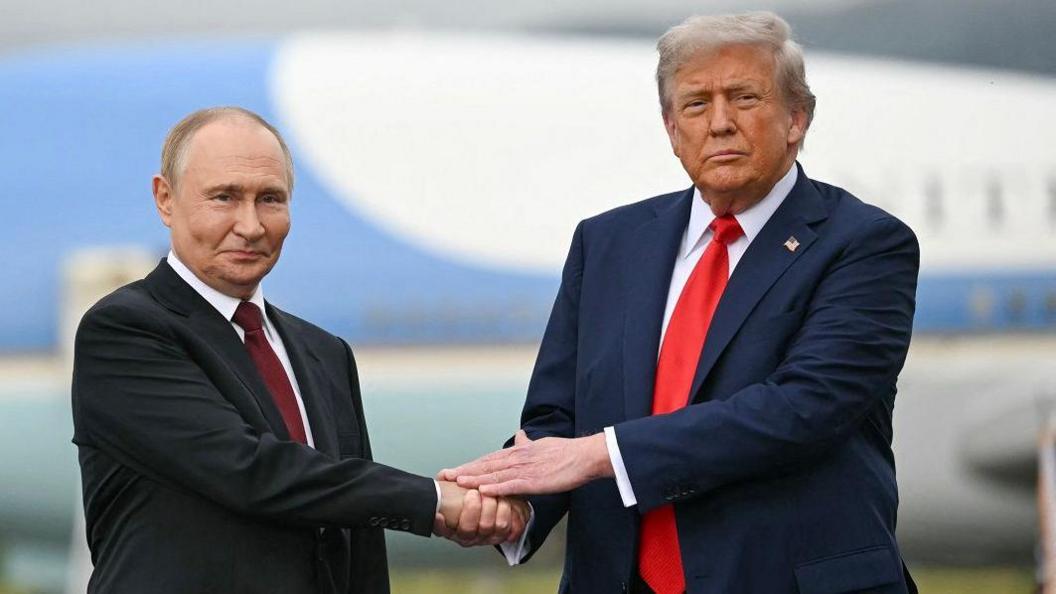Tensions boiled over on Face the Nation this Sunday when Secretary of State Marco Rubio forcefully rejected CBS host Margaret Brennan’s insinuation that President Trump is "bullying" Ukrainian President Volodymyr Zelenskyy into a peace deal with Vladimir Putin. The flashpoint came during a pointed exchange over the recent Trump–Putin summit in Alaska and the subsequent fallout, including Zelenskyy’s now-infamous Oval Office confrontation.
Brennan, teeing up the standard Beltway line, claimed that European leaders were arriving in Washington “as backup” to protect Zelenskyy from being pressured into a deal by Trump. She was barely able to finish her sentence before Rubio pounced.
“That is not true,” he interjected. “They’re not coming here tomorrow to keep Zelenskyy from being bullied.”
And so began a combative back-and-forth emblematic of the broader media-government divide in the post-2024 political landscape. Rubio, unwavering in his defense of the administration’s strategy, continued: “This is such a stupid media narrative,” he said, underscoring the frustration felt by the White House as it fends off critics who continue to frame diplomacy as capitulation.
What’s being lost in the noise is the summit’s actual substance. Although Trump and Putin did not secure a formal ceasefire during their Alaska meeting, both sides acknowledged that significant groundwork was laid. Trump’s team, led by special envoy Steve Witkoff, cited Russian agreement to legislate security guarantees and commit to a non-expansion of territorial claims. Witkoff described these developments as “substantial,” particularly in terms of protections for Ukraine moving forward.
Yet the narrative dominating Sunday headlines wasn’t the prospect of peace. It was the Oval Office dust-up — the confrontation between Trump, Vice President JD Vance, and Zelenskyy, whose sarcastic dismissal of diplomacy triggered a raw and unfiltered Trump response: “We gave you, through this stupid president, $350 billion… If you didn’t have our military equipment, this war would have been over in two weeks… You don’t have the cards.”
It was classic Trump — abrasive, blunt, and brutally transactional — but also emblematic of his approach to foreign affairs: power dynamics over platitudes.
Zelenskyy’s early departure from Washington sent ripples through diplomatic circles, and an expected minerals deal was briefly delayed (though later ratified). But according to Rubio, that incident — though dramatic — wasn’t reflective of the broader negotiations that have taken place.
“We’ve had one meeting with Putin and like a dozen with Zelenskyy,” he emphasized. “We talked to the Europeans last week, the President talked to them as early as Thursday.”
What Rubio’s fiery defense reveals is this: the Trump administration sees its diplomatic overtures not as a betrayal of Ukraine, but as the only realistic path to ending a bloody, grinding war that has claimed millions of lives. And while the media obsesses over optics, red carpets, and hurt feelings in the Oval Office, the White House is moving toward something more consequential — a negotiated end to the most dangerous conflict on the European continent since World War II.


